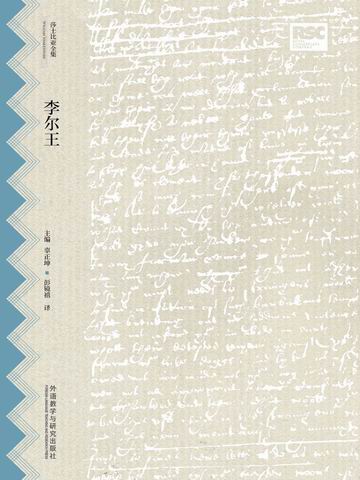萧伯纳说过:“没有人能写出比《李尔王》更杰出的悲剧。”
Written soon after King James united the thrones of England and Scotland, and performed in his royal presence at Whitehall, King Lear reveals the dire consequences of dividing a united kingdom. In principle, the aged Lear’s decision to take voluntary retirement does not seem a bad thing: he is losing his grip on matters of state, his daughters and sons-in-law are ‘younger strengths’ with more energy for government, and, most importantly, the division is intended to prevent a future civil war between rival claimants, which would have been a definite possibility in the absence of a son who would automatically inherit the whole kingdom. But can an anointed king abnegate his role at will? If he does, he certainly should not expect to retain the trappings of power. Goneril and Regan have a case for stripping him of his rowdy, extravagant retinue of one hundred knights.
《李尔王》讲述听信两个大女儿阿谀奉承的李尔王将自己的国土分给她们,却赶走讲真话的小女儿,最终酿成了悲剧。
The Tragedy of King Lear challenges us with the magnitude, intensity, and sheer duration of the pain that it represents. Its figures harden their hearts, engage in violence, or try to alleviate the suffering of others. Lear himself rages until his sanity cracks. What, then, keeps bringing us back to King Lear? For all the force of its language, King Lear is almost equally powerful when translated, suggesting that it is the story, in large part, that draws us to the play.
- 出版说明
- 莎士比亚诗体重译集序
- 《李尔王》导言
- 人物简介
- 第一幕
- 第二幕
- 第三幕
- 第四幕
- 第五幕
- 四开本较对开本多出的段落
-
试解“最大的问题”
——《李尔王》译后记
- 书评 写书评
- 笔记
-
书评加载中...























 京公网安备 11010802032529号
京公网安备 11010802032529号
笔记加载中...